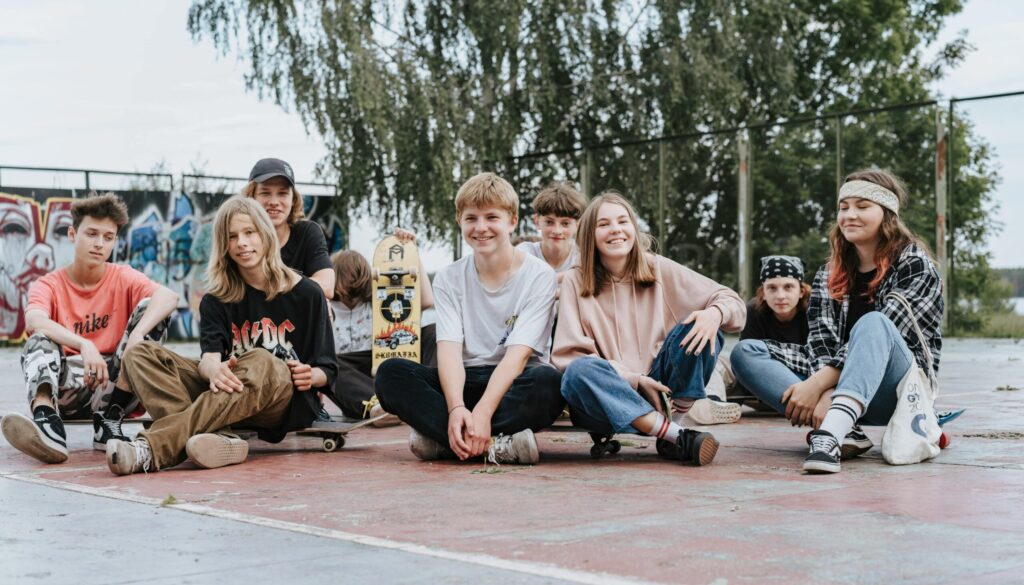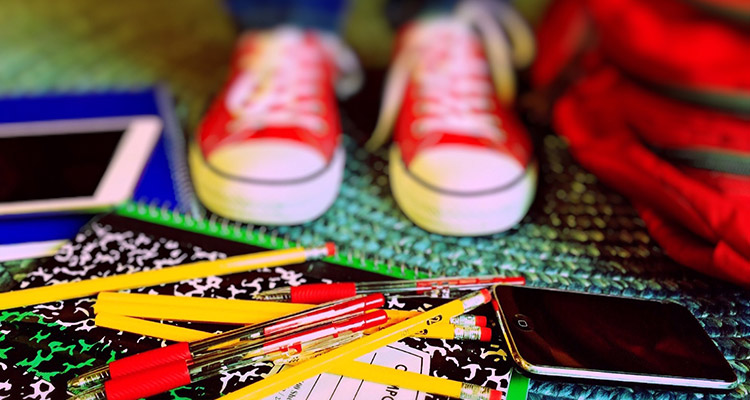

One of the biggest worries professors have is how to show their students that what they’re learning is actually useful for the real world. This happens to parents as well! So the question is, how can you link what’s learned in the classroom with the outside world?
At dothegap we believe in formal education, but we encourage non formal education as well to serve as a foundation for develop what you learn and establish knowledge.
For this, we believe in encouraging students to participate in activities outside the classroom, activities which connect the teachings with real life. In this post, we’ll give you some ideas!
Activities outside the classroom: from hiking to exchanging!
Professors, monitors and parents should have a clear objective education that will prepare students for life: to grow academically as well as personally. The students themselves should understand that what they learn will serve them beyond the classrooms. To achieve this, the first step is to connect the classes with what happens in the outside world.
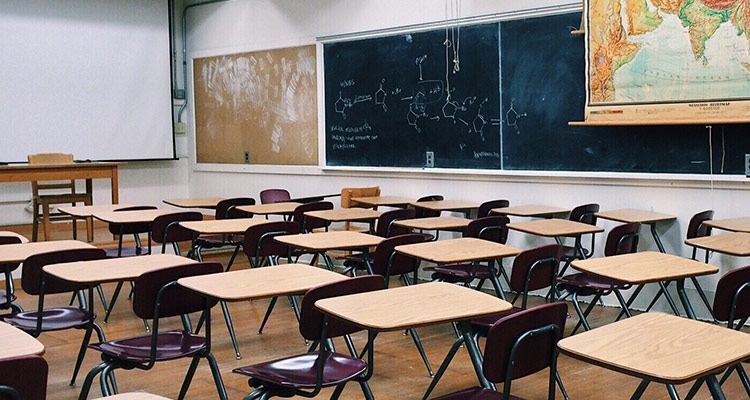
Experimenting outside the classes is one of the most effective ways to really embed knowledge and show its value. And not just that: learning outdoors or in a different setting promotes communication, improves behaviour and concentration thanks to a greater sense of freedom.
Activities outside the classroom let you learn on your own. This not only leads to a deeper understanding of a given subject set by your professor or monitor, but broadens the student’s interest. After all, they are the ones who will investigate new topics on their own.
So, what kind of activities are we talking about? Let’s start with a simple example: a hike in the forest to study different types of trees. Not only is this more fun than learning from books, it will benefit your experiential memory!
This opens enriching opportunities, such as a visit or exchange with a school in the countryside, where you can learn about the vast varieties of fruits and vegetables. What’s more, you can get involved in the harvesting, learn about jobs that are necessary for us to eat or participate in making new products from those raw materials.
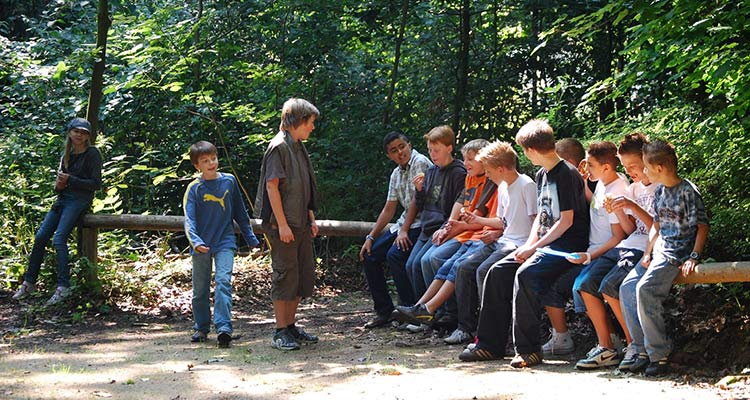
And it doesn’t stop there! Why not go even further and study climate change? Do an exchange to areas where you can soak in the knowledge: on coastal lines, areas where the weather has affected harvests or where landscape degradation is evident. You’ll witness this real phenomenon, acquire a growing interest and it’ll raise environmental awareness.
In the same way, when children or teenagers are ready, there are activities, such as orientation exercises that are really useful to see if they are internalising their courses, such as geography. And similarly, visiting historic landmarks or interactive museums will promote learning about history and its importance much more effectively than a heavy textbook.
The importance of organising exchanges for learning purposes
Exchanges with a focus on learning, whether in nature or in other cities, are important to strengthen ties between group members. The power of collaboration and teamwork become apparent when you realise everything isn’t closely controlled like in an education centre.
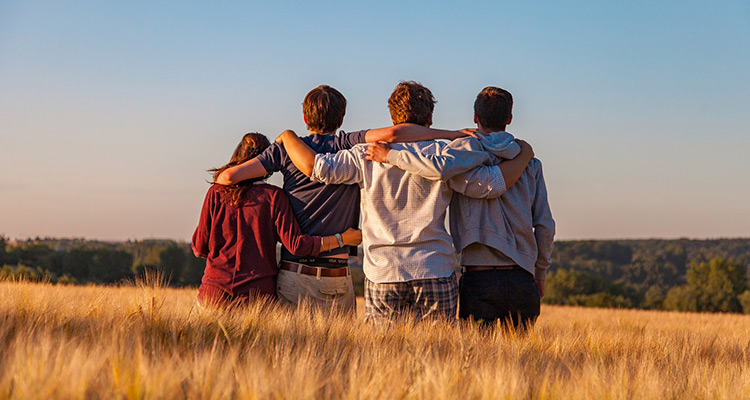
An exchange is the culmination of this type of learning outside of school and should be encouraged, both by the educational centre as well as by sports or cultural centres. Exchanges allow students to put what they’ve learned into action, to test everything they’ve been learning and to continue doing so.
Those who participate in an exchange get first-hand proof that what they’re studying is necessary. Suddenly, they find themselves in a new location, with a different culture, language and customs. Since, in most cases, it’s your first time somewhere, you’ll need to rely on mathematics to control your money on a daily basis. It’s just another example, but very tangible!
The challenge of living new experiences first-hand is an educational exchange and creates an undeniable link between classroom learning and skills needed in the real world.
If you’d like to know more and discover what type of exchange suits your educational centre best, get in touch with us: you’ll offer your students a unique experience that will strengthen their academic and personal learning.




